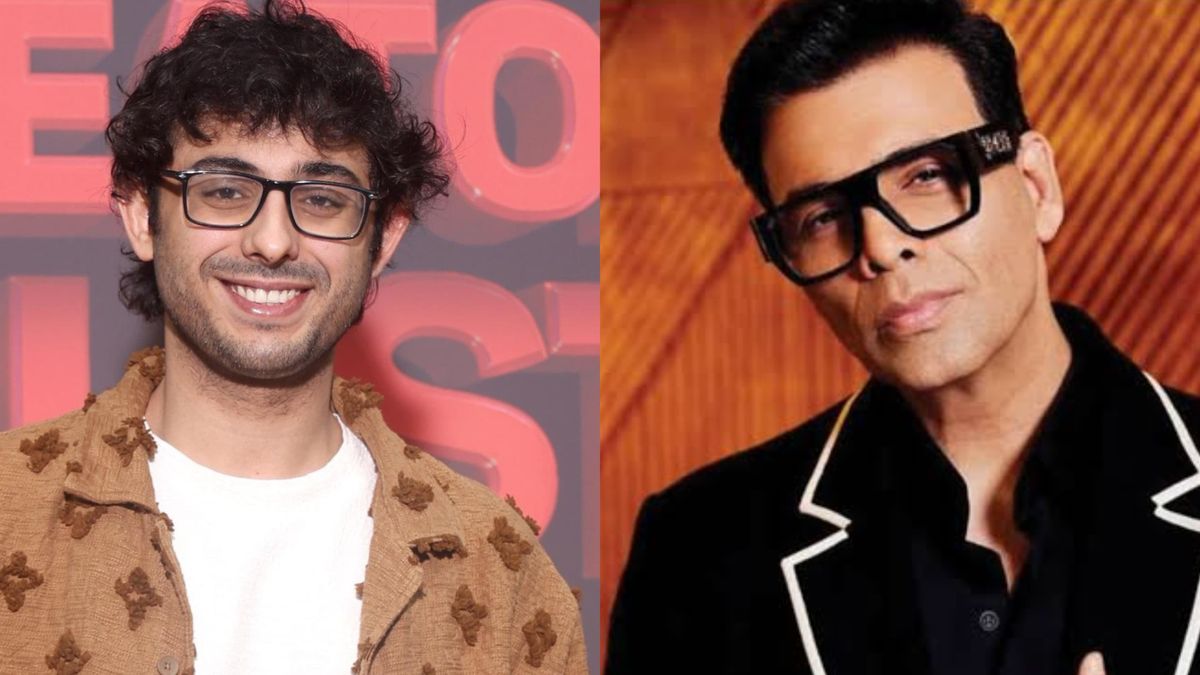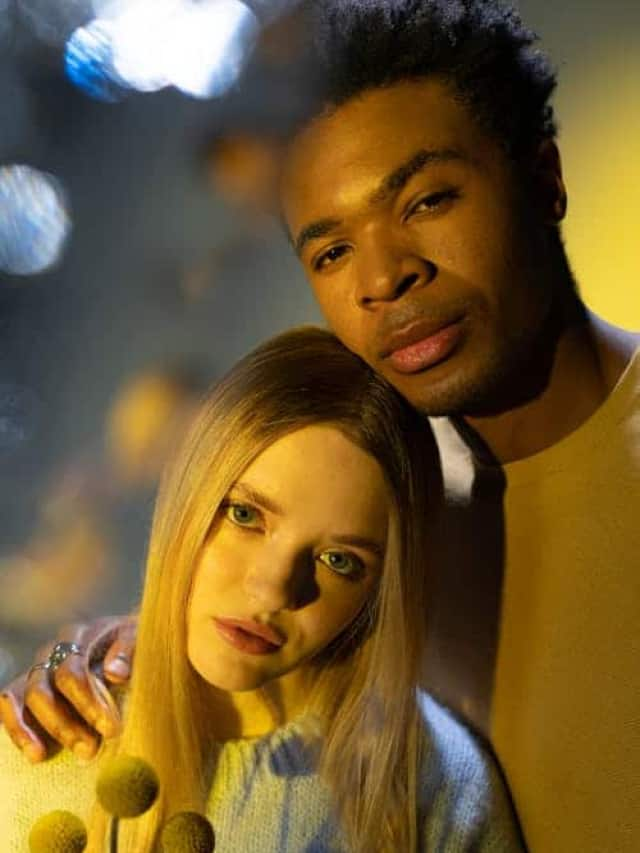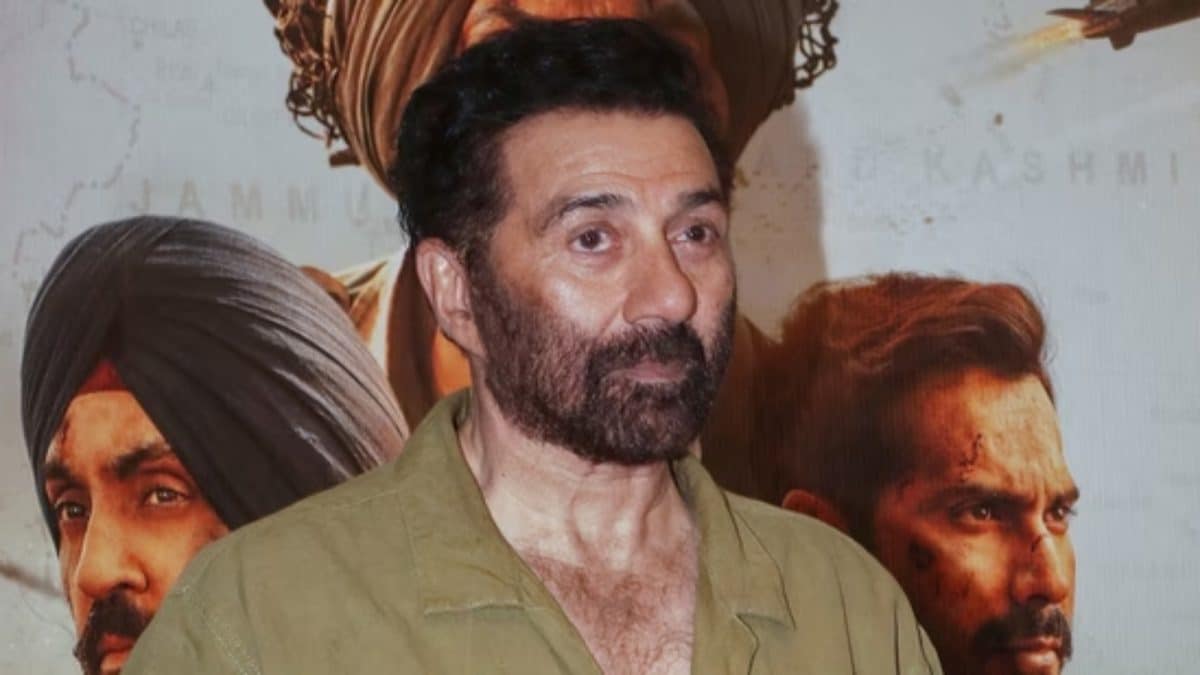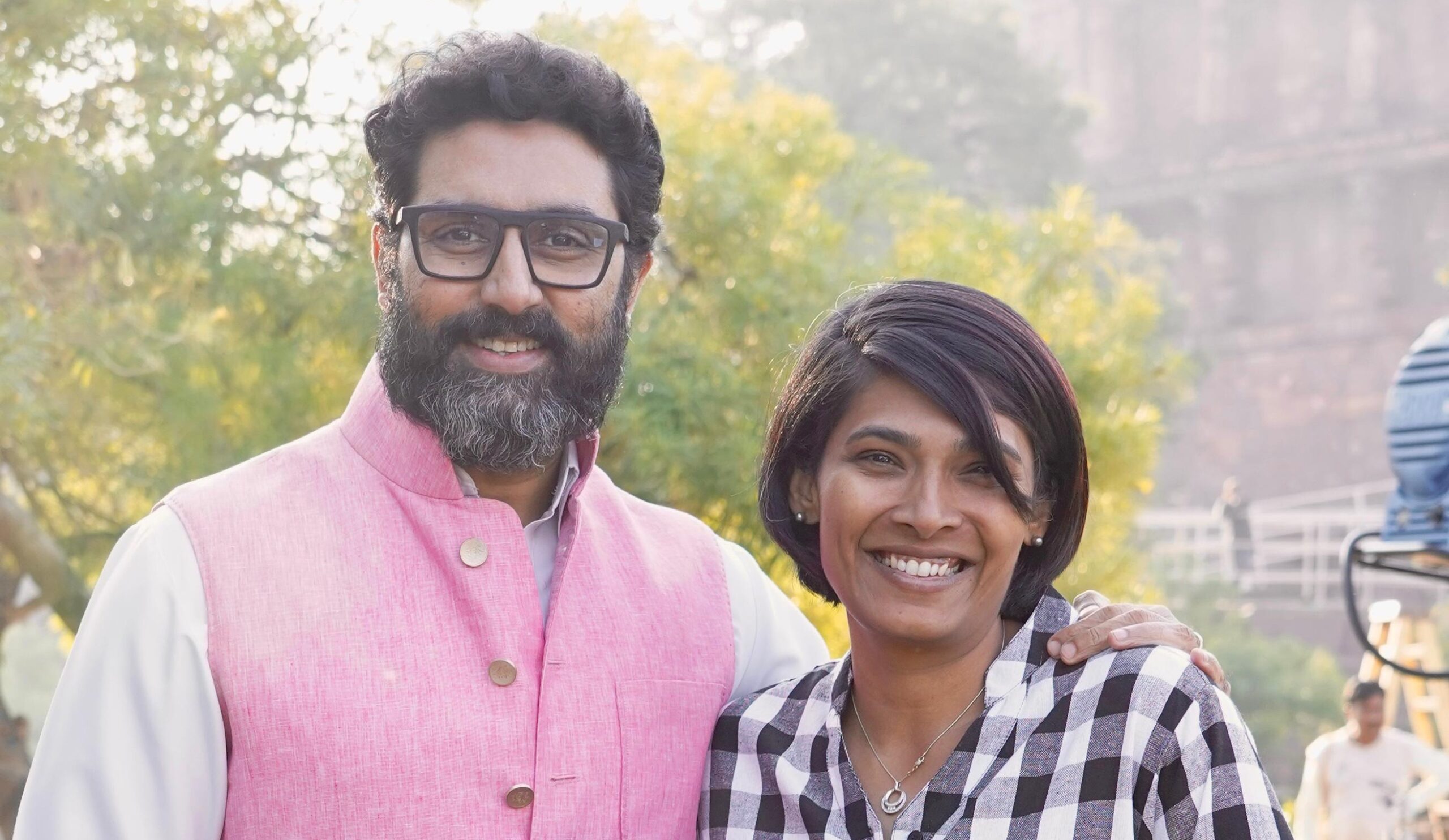
“Abhishek Bachchan sir was a dream to work with in Kaalidhar Laapata” – Madhumita
Madhumita believes a film should be remade in another language only when the filmmaker has something more to say. Looking at the way she adapted her Tamil language film ‘K.D.’ in Hindi, one can safely assume that she, as a filmmaker, understands the art of adaptation.
While making ‘Kaalidhar Laapata’, Madhumita was clear about the fact that she didn’t want to make a copy of her Tamil film. Instead, she decided to let go of certain elements and added several layers that gave the film a distinctive identity of its own. The Abhishek Bachchan – Daivik Bhagela started streaming on Zee5 a couple of months ago and has received a good amount of attention.
In this interview, Madhumita talks about the process of adapting a film in a different language, directing Abhishek A Bachchan, finding the bright child actor Daivik Bhagela, collaborating with Nikkhil Advani, upcoming projects and more.
In ‘K.D.’ the protagonist, played by Mu Ramaswamy, is an 80-year-old man. ‘Kaalidhar Laapata’ features a 45-year-old man as the protagonist. What was the process of adapting this film in Hindi like?
The original Tamil film is very specific to the thalaikoothal ritual. It is a ritual which is followed in some parts of Tamil Nadu. When we decided to adapt the film in Hindi, we made a conscious decision to stay true to the sensibilities of the Hindi audience. If I had mentioned the thalaikoothal ritual in the Hindi film, the audience would not have been able to relate to it. That’s the reason we showed the family going to the Kumbh Mela and leaving there aged family member there. That was one of the most significant changes we made. In ‘K.D.’ there was a reason behind the protagonist being an 80-year-old man. In ‘Kaalidhar Laapata’, the disease was the main reason why they decided to abandon him. There is a scene where one of the family members says, “ameeron ki bimaari lekar aaye hain”. They couldn’t afford his treatment and that led to abandoning him.
When you are 80 years of age, you resign to the fact that life is about to end. When you are 45, you feel there is a lot more to do in life. When you come from a space where you have sacrificed a lot for your family but got nothing in return, you want to do something for yourself.
For the Hindi version, you had a co-writer in the form of Amitosh Nagpal. Some of the dialogues were really good.
Yes! Along with Amitosh, I also had Vibhuti working with me. Vibhuti came in a little later. If you liked the dialogues, the credit for that must go to Amitosh and Vibhuti.
The character of Ballu, played by Daivik Baghela, was as important to the story as Kaalidhar was. This was Daivik’s first film. How did you find him?
We auditioned a lot of kids. I was very stubborn about finding the right actor for this part. There are many child actors who do advertisements and films. I didn’t want to go with them as I feel they are very tuned to the camera. Because of that, the emotions, at times, feel a little artificial. The film rides on this little boy’s authenticity. Daivik was absolutely brilliant! Every emotion came from him. We even postponed the shoot by a couple of weeks as we were not able to find the right boy for the part. I had decided that unless I find the right bot, I will not start shooting. I apologized to Abhishek sir later for wasting his dates. He, however, was extremely sweet and understanding. He knew that the little boy was as crucial to the film as he was.
Abhishek Bachchan had never played a character like this before. It was one of his best performances.
I am really grateful to Mr. Nikkhil Advani for introducing me to Abhishek sir. Till we finished shooting, Abhishek sir had not seen the Tamil version. He did not want his image of Kaalidhar to be coloured by what Ramaswamy sir had done in the Tamil version. In the 45-minute meeting we had, I did not narrate the story to him in detail. I only gave him an idea about how I wanted the Hindi version to be like. He listened very intently. As soon as I finished telling him the story, he asked, “when are we shooting the film?”. That was his first reaction. An actor asking you when you plan to shoot is a huge validation for me or any other director, for that matter.
Abhishek sir was involved in every step of the way. We used to discuss the characters extensively. He came up with many ideas which really enhanced the film. I was working in Bollywood for the first time. I had heard so much about star demands. I was so pleasantly surprised by Abhishek sir’s approach. He asked me, “what does your Kalidhar look like?” The ideas he came up with made Kaalidhar more authentic. He did not groom his beard for two months. He understood the situation the character was in. When you are running away from home and don’t have access to a lot of things, you don’t groom. All this added so much layer and authenticity to the character. Abhishek sir was a dream to work with. From ‘Bunty Aur Babli’ to ‘I Want To Talk’, he has done such diverse characters. It was a happy moment for me when he agreed to do ‘Kaalidhar Laapata’.
How was it working with Emmay Entertainment?
I am extremely grateful to Emmay for believing in this script, getting it started and all the learnings that happened along the way. A lot of people came up to me and asked what is the difference between the Hindi and Tamil version. While making the Tamil version, I had no mentor or guide. While making the Hindi version, I had the guidance of Mr. Nikkhil Advani. He kept guiding me on what are the elements the Hindi audience will be able to and the things they will be able to identify with.
In the last few years, a lot of remakes or adaptations have not done well. That has led to a lot of people in the industry being wary about remaking films. What are your thoughts on this?
Whether a filmmaker wants to adapt a film in a different language or not is something they have to decide. I will want to adapt a film when I feel I can do something different with it in another language. If I am making the same film frame-to-frame, whether it is mine or somebody else’s, there is no fun in it. I decided to do ‘K.D.’ in Hindi as I thought it would be interesting to show the character having a different arc. The soul of film is still the same. The take on the story, however, is a little different. The Tamil version was a theatrical success and ran to packed houses for two weeks. A lot of people saw it on OTT. However, there were still many who had not seen the film. By making the film in another language, I got the chance to tell this story to a wider audience. After ‘Kaalidhar Laapata’ released on Zee5, I received messages from people from all parts of the world. It has been heartening to see the film getting so much love.
You made your debut as a director with the Tamil-language film ‘Vallamai Tharayo’, which happened to be a romantic drama. After that, you made Kola Kolaya Mundhirika (2010) and Moone Moonu Varthai (2015) which were comedy films. ‘K.D.’ and ‘Kaalidhar Laapata’ were romantic dramas. You were also one of the directors on ‘Putham Pudhu Kaalai Vidiyaadhaa’ (2022), an anthology series made in Tamil. Do you have a favourite genre?
Drama will always remain my favourite genre. Having said that, I want to try my hand at different genres. I am working on a couple of films right now which are very different from each other. My next film is a Hindi film called ‘Daring’. It is an action-drama which I has been produced by Abundantia Entertainment. It is a fun film which shows the raw and gritty side of Goa. Another film I am working on is a psychological thriller to be made in Tamil. I will also be making a hostage drama in Telugu. Language has never been a barrier for me as a filmmaker. I grew up in Indonesia. Tamil is my mother tongue and I understand Telugu very well. My third film was shot simultaneously in Tamil and Telugu. My dream project is a monster film.
Publisher: Source link
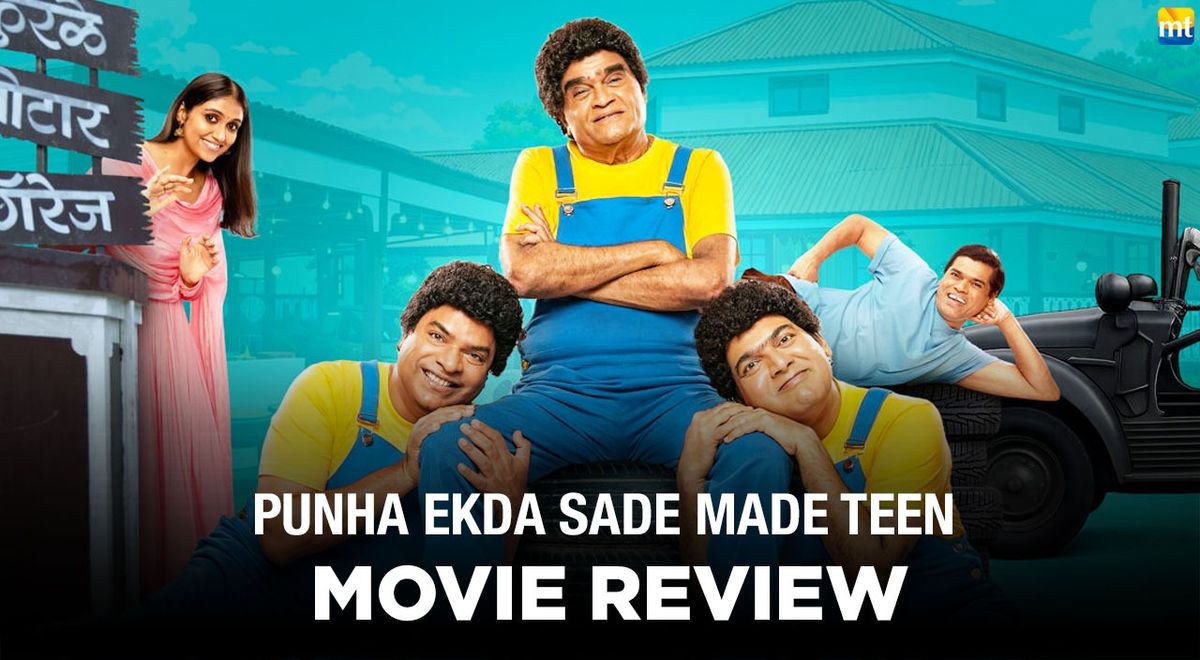
A Sade Made Teen-Style Fun In A Golmaal Again World
